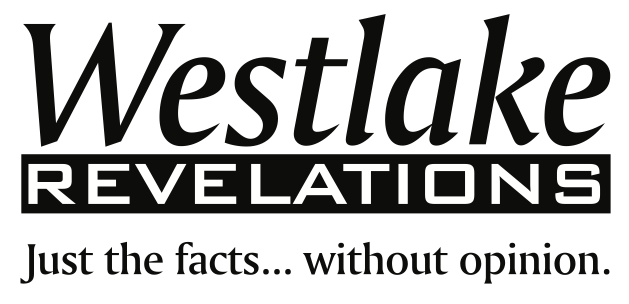Synopsis
The Thousand Oaks City Council voted on Tue night to overturn the decision of the Planning Commission to approve the new Home Depot to replace the old, vacant K-Mart building. While reports vary, the 7 hour meeting had an approximately equal mix of those both for and against the appeal.
In the end, those Council members who voted to overturn the Planning Commission, and not allow Home Depot’s project. The members made comments leading up to their decisions which were focused on zoning, traffic, noise and day laborers.
As has happened more often in California in recent years, the Council’s decision was made despite the decision possibly opening up the City to liability and litigation by the applicant due to denial of a property owner’s rights.
As a simplified example to understand this, take a homeowner who owns a piece of land with a house on it. In most cases, the law says that, you can tear down the house, and build another one if you follow the rules. That’s your right as a property owner.
Legalities
Commercial properties are similar to the homeowner example above, but they also have tighter requirements on zoning, traffic, environmental impact, and in the case of Thousand Oaks, the City’s general plan. But, the principle is similar. If a property owner follows the rules, they have certain rights under the law.
That said, in particular when it comes to “gray” areas not clearly defined, the City Council is empowered to be the final arbiter, the ultimate authority, on interpreting the City’s general plan, and zoning.
In this particular case, in Thousand Oaks, the City Council made their decision based on issues they saw to be gray, but overruling precedent on zoning, analysis and recommendations by City staff; assessment of the definitions in City’s general plan and zoning by the City Attorney; as well as the analysis and decision by the City’s Planning Commission. And, that’s why the Council’s decision may have opened up the City to liability and legal action by Home Depot.
This could happen as Home Depot and other property owners have sued cities in the past if they felt that the City illegally interfered with their right to remodel or build. (Although, when Home Depot sued the City of Los Angeles in 2007, the ultimately withdrew their application and dropped the case.)


